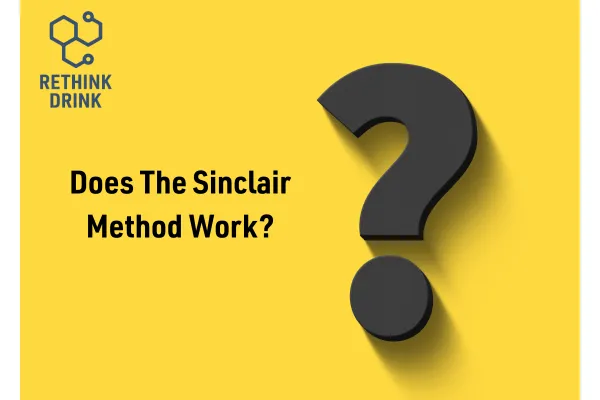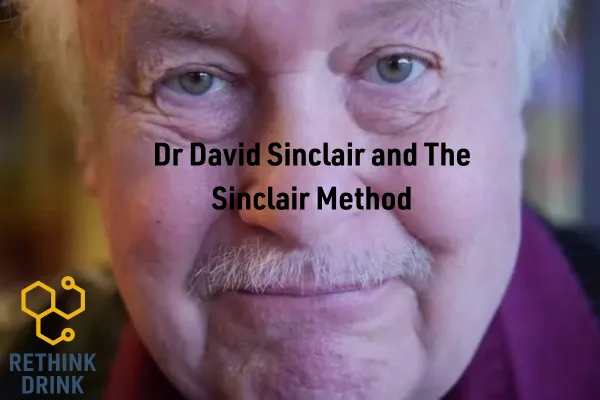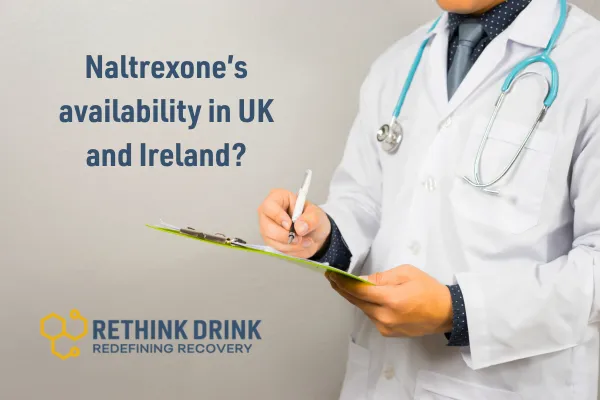Sinclair Method Studies
This article examines the scientific foundation behind TSM, drawing on nearly three decades of peer‑reviewed trials, neuroimaging research, and systematic reviews.

Ozempic and naltrexone are very different medications, each targeting distinct areas of the brain and body. Ozempic is designed to manage type 2 diabetes and promote weight loss by reducing hunger. Naltrexone is specifically designed to reduce cravings and the rewarding effects of alcohol.

When we talk about recovery from alcohol use disorder (AUD), most people still think of abstinence — the complete and permanent cessation of drinking. It's the traditional approach taken by many rehab centres and support groups like Alcoholics Anonymous.

Over the past few months, major UK tabloids like The Sun have published several high-profile stories on naltrexone — a £3 tablet nicknamed the "Ozempic for drinkers". It’s been hailed by some as a revolutionary option for those wanting to cut back or quit alcohol.

The Sinclair Method (TSM) is a medication-based treatment for Alcohol Use Disorder (AUD) that allows individuals to continue drinking while retraining their brain’s response to alcohol. The cornerstone of this method is naltrexone, an opioid blocker that dulls the endorphin rush typically triggered by alcohol.

The Sinclair Method didn’t originate in a corporate lab or a detox facility—it started in a Helsinki research centre. Dr John David Sinclair, a behavioural psychologist from the United States, moved to Finland in the early 1970s after completing his PhD. There, he joined Alko Laboratories, the research arm of Finland’s state alcohol monopoly, which would later become part of the country’s National Public Health Institute.

Naltrexone is a non-addictive opioid antagonist that blocks the brain’s ability to feel pleasure from alcohol. Over time, drinking becomes less rewarding, reducing cravings and consumption naturally — a process known as Pharmacological Extinction. This effect is the foundation of The Sinclair Method (TSM), where individuals take Naltrexone only prior to drinking, gradually reprogramming their brain’s response to alcohol.
The Sunday Reset
Every Sunday, we share a 2-minute insight into the logic of the Sinclair Method.
Join thousands of others for our weekly newsletter and change how you see the problem,
because when you change the way you look at things, the things you look at change.
… There’s a reason we’re called Rethink Drink!
